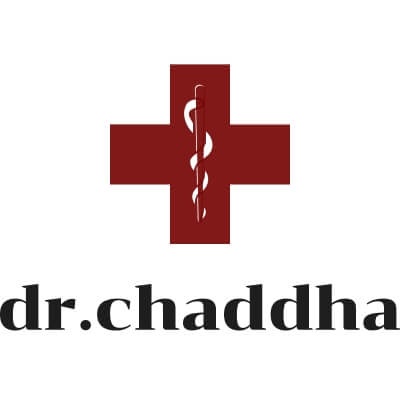Homeopathy is a system of natural health care that has been in worldwide use for over 200 years.Homeopathy treats each person as a unique individual with the aim of stimulating their own healing ability. A homeopath selects the most appropriate medicine based on the individual’s specific symptoms and personal level of health.
It is recognized by the World Health Organisation as the second largest therapeutic system in use in the world. While it is most popular in India and South America, over thirty million people in Europe, and millions of others around the world, also benefit from its use.
The name homeopathy, coined by its originator, Samuel Hahnemann, is derived from the Greek words for ‘similar suffering’ referring to the ‘like cures like’ principle of healing. Hahnemann was born in Germany two hundred and fifty years ago. At this time the old world-view was being renovated and traditional beliefs, many flimsily based upon superstition, were being increasingly subjected to the rigor of experimental scrutiny and assessment. The practice of Homeopathy is based upon science while its application is an art.
Homeopathy is founded on two principles that have occurred regularly throughout the history of medicine, both in eastern and western worlds. The first principle of ‘like cures like’ can be looked at in several ways. One way is to assume that the body knows what it is doing and that symptom is the body’s way of taking action to overcome illness. This healing response is automatic in living organisms; we term it the vital response. The similar medicine acts as a stimulus to the natural vital response, giving it the information it needs to complete its healing work. Since the initial action of the vital response plus the medicine is to increase the strength of the symptoms, this is our first indication of internal healing taking place, of diseases being cured from within – pushed outwards along the established routes of past and present symptoms.
Why is Homeopathy so Popular?
. Homeopathic treatment works with your body’s own healing powers to bring about health and well being.
. You are treated as an individual, not as a collection of disease labels.
. Homeopathy treats all your symptoms at all levels of your being – spiritual, emotional, mental and physical and finds the ‘like cures like’ match for them.
. Homeopathically prepared remedies, providing the minimum dose, are gentle, subtle and powerful. They are non-addictive, and not tested on animals.
Why Homeopathy is rapidly gaining acceptance & credibility
When it comes to medicine and doctors, most people in America believe that if it’s not expensive, it won’t work. This theory may hold water when purchasing a new car or an i-phone, but the big profits in America come from invasive surgery and toxic prescriptions, which treat only symptoms, thus waiting for conditions to get extreme and often critical. Alternative medicine, like homeopathy, is becoming mainstream, and people are figuring out that the quacks in America are actually the doctors who frivolously write prescriptions without even considering organic solutions that directly address the causes of illness.
In the USA, the Government makes money off of the masses being sick, instead of the other way around, like in Canada or the United Kingdom, where there is national healthcare, and the doctors get paid bonuses for healing patients. Homeopathy is a 200-year young system of medicine which has a proven clinical record and is used by tens of millions worldwide. It is becoming the core method of treatment for the public health care systems in Europe, Asia, and South America.
The idea behind homeopathy is simple: Dilute a concentrated tincture of crushed herbs, minerals and animal substances in a solution of alcohol or lactose. German physician Samuel Hahnemann, who conceived of homeopathy in the early 19th century in part due to his distrust of mainstream medical practices such as bloodletting, believed that substances that caused illness could also cure those same illnesses in a diluted form. He called it the “law of similars.” The more diluted the substance, he believed, the more effective it was in treating symptoms.
